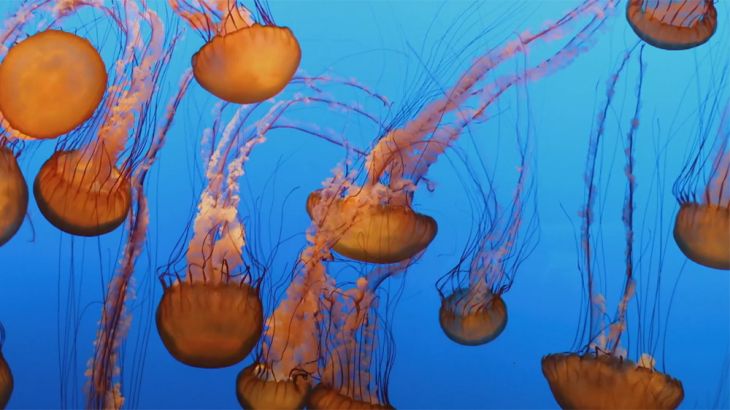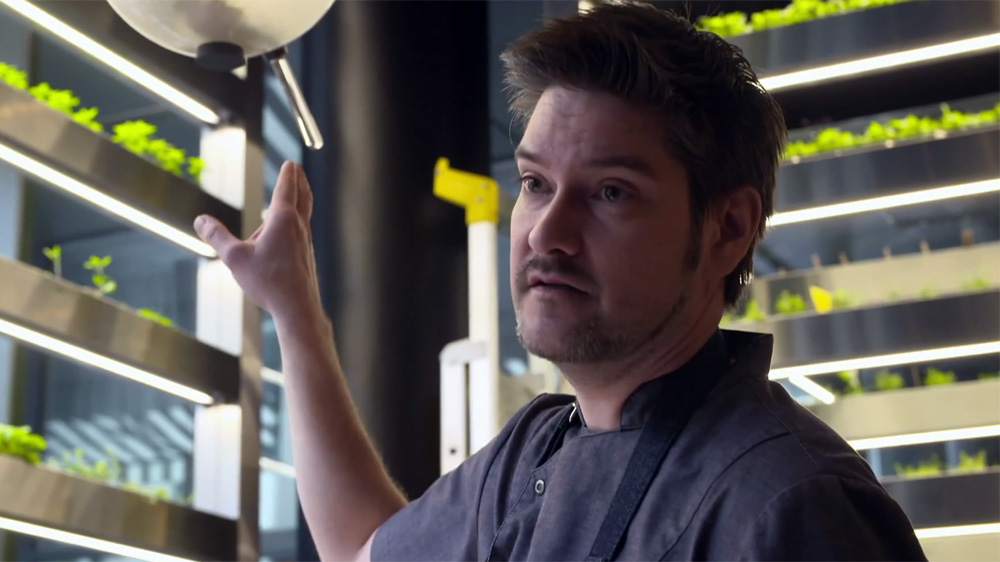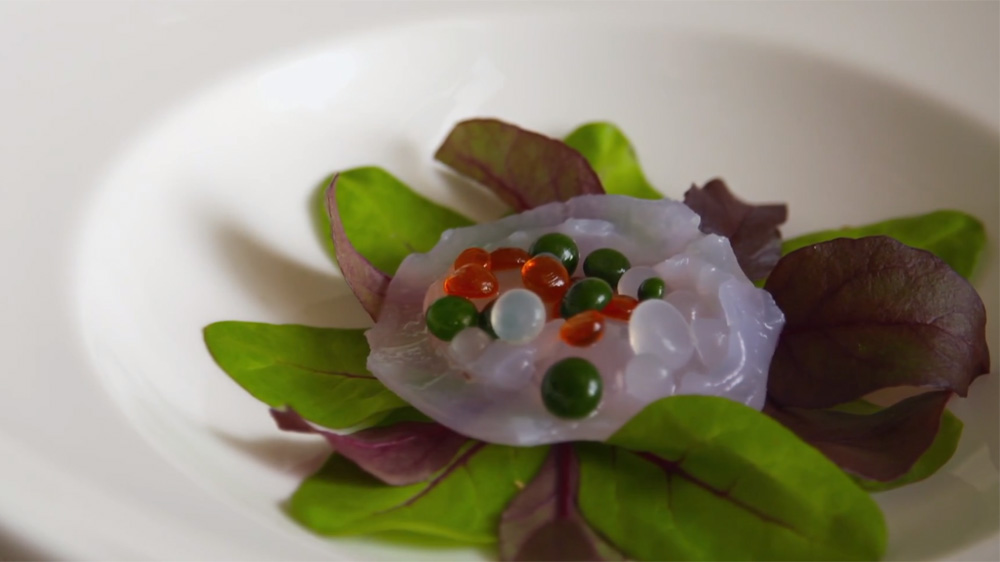
Feeding the Billions: A New Frontier for Sustainable Eating
Zero waste restaurant and jellyfish dinners: Alternative food solutions could help alleviate an impending food crisis.
With global demand for food set to increase by nearly 70 percent by 2050, sustainable food production is one of the biggest challenges for the future.
The food industry is one of the most ecologically damaging industries and we will need to completely rethink its approach if we are to keep meals on the table for generations to come.
Keep reading
list of 4 itemsThe legendary flavoured ground salt from India: Pisyu loon
Nearly 55 million face hunger in West and Central Africa, UN warns
Revisiting molokhia amid war and displacement in Gaza
“Food is the single biggest impact that humans have on nature. We are deforesting the earth to grow more food. It’s by far the biggest user of fresh water, the single biggest source of carbon dioxide emissions, and the biggest reason why we’re in the middle of the mass species extinction event, the sixth that planet Earth has faced. At least a third of the world’s food is currently being wasted,” says Tristram Stuart, food waste campaigner and author.
“We do have the power as individuals to waste less, shift away from most ecologically destructive practices. That should give us hope that we can flip this enormous problem into one of the most delicious tools to tackle environmental meltdown.”
earthrise went to Finland and Italy to explore two alternative projects that are paving the way for the food of the future.
Zero Waste Restaurant

A restaurant in Finland is challenging the traditional way of operating a fine dining eatery.
Ultima, in Helsinki, is pioneering a closed economy system where they not only reduce waste and recycle nutrients but are cultivating their own food on an urban site, thereby making the whole food production and consumption system highly efficient.
Its Michelin-starred chefs Henri Alen and Tommi Tuominen have designed a somewhat unusual menu from cricket tacos with queso fresco to mushroom pasta grown in coffee waste.
“It all started when me and my colleague Tommi, we were taking the bins out and we were thinking how can we make this much waste, how could we do the things better for the environment, for the customer?” says Alen. “That’s our biggest ambition.”
The pioneering restaurateurs set up Ultima in the belief that the old low-standard dishes of environmental eating should be a thing of the past. They hope that they can start a conversation.
“We just need to grow things forward, make people think,” says Alen.
Jellyfish for Dinner

In Italy, scientists are attempting to tackle the staggering number of jellyfish swarms with a new solution – by eating them.
Exploiting this foodstuff, which has been previously unexplored in the West, could begin to restore balance to the marine ecosystem, which has been devastated by a surge in jellyfish numbers, and also offer a much-needed sustainable meat alternative in an age where the meat industry is contributing to global climate change, deforestation and water degradation.
Research scientist Antonella Leone and her colleagues aim to show food safety authorities that jellyfish are a safe, plentiful food source.
“In Europe, jellyfish are considered a nuisance …. this could be changed if our studies demonstrate that they are a very powerful resource of food,” she says.”[It] could be important, for local fishermen, local restaurants, for local economies.”